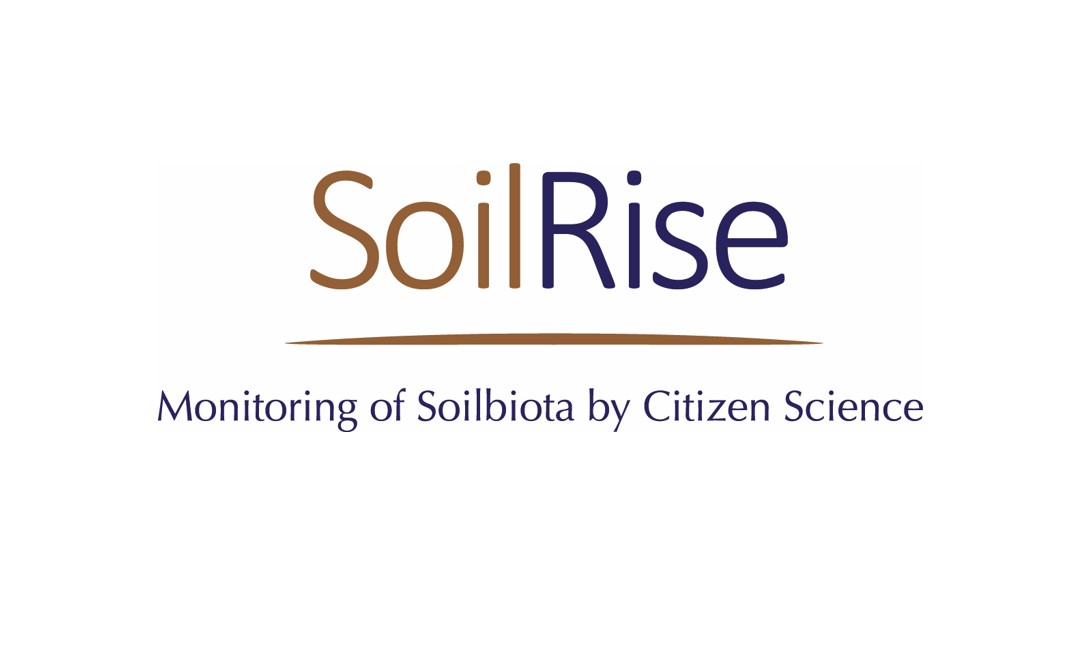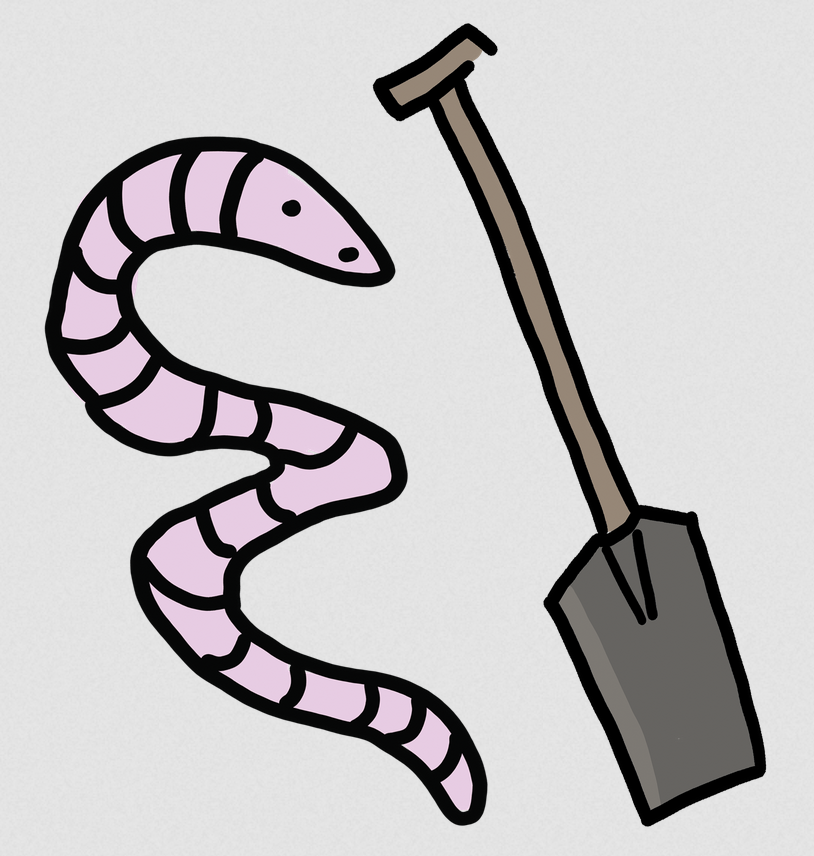
SoilRise
Monitoring of Soilbiota by Citizen Science
SoilRise is a research project on earthworm biodiversity in Europe. Earthworms play a crucial role in soil fertility and are considered important ecosystem engineers. With your help we like to collect data on the distribution and diversity of earthworms in Europe.
But SoilRise is more than scientific research. We aim to build an interactive network between researches, citizen scientists (you) and stakeholders to raise awareness of the importance of soil biodiversity. We seek to explore, protect and conserve the diverse habitats beneath our feet. By taking part in SoilRise, you will be actively contributing to the preservation of our soils and a positive impact on the environment.
Aims
The SoilRise project aims to improve the availability of data on earthworm populations and raise awareness of the biodiversity found in our soils. We aim to identify threatened or non-native earthworm species and compare traditional identification methods with DNA analysis. We will also look at species diversity in different countries to understand the ecological variation that exists.
What do we offer?
- Education and training: SoilRise offer training courses that teach the basics of soil ecology and sampling. There are also workshops that provide in-depth knowledge about earthworms.
- Engagement and impact: Your participation supports our scientific research project and makes a direct contribution to environmental protection. By sampling at different sites you will increase your knowledge of soil biodiversity.
- Community and networking: Become part of the SoilRise network, sharing ideas and networking with other participants and experts.
- Sampling and effort: Your participation is flexible, you can start, stop and continue as you wish between October 2024 and 2026. The effort per site is about 5h.
- Meet and greet: Discover the soil beneath your feet, meet interesting people and experience nature from a new perspective.
Sampling
Sample your field with a spade during the months of March to May and/or September to November. Sampling takes approximately 5 hours and you can record your data on the form provided or on our website. Our team will help you every step of the way, on site if possible.
We will provide all necessary documents such as sampling instruction and data sheets. Our seminars and webinars will to help you to prepare for sampling and you will learn more about the world of earthworms.
At our networking sessions, we will invite you to share your experiences with other participants and the research team.
Who could participate?
Anyone over the age of 14 can take part in the project and search for earthworms (farmers, gardeners, agricultural schools and everyone who is interested).
We have three categories:
- field (arable fields including large scale vegetable production, viticulture),
- small vegetable beds and flower beds (home garden, community garden, town garden, market gardening)
- lawn/meadow, grassland and green spaces (lawns, natural meadows, agricultural grassland)
It is also possible to take part in the project without having a own plot of land.
Register directly at our project website.
SoilRise is a biodiversa+ project in cooperation with Germany, France, Ireland, Poland and Austria.

This project fulfils version 1.1 of the quality criteria for citizen science projects on Österreich forscht.
- land use
- animals

